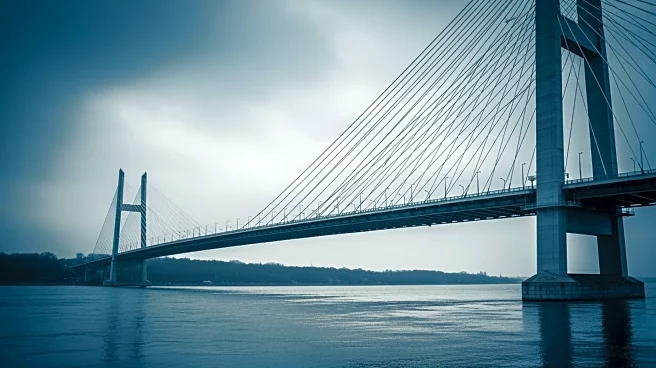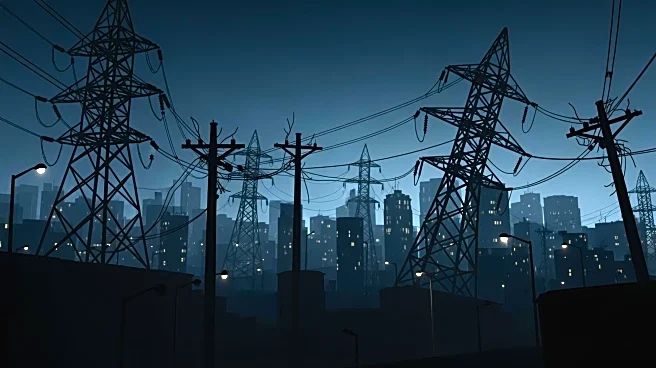Rapid Read • 8 min read
Iran's Foreign Minister Abbas Araghchi announced that a senior official from the United Nations' nuclear watchdog, the International Atomic Energy Agency (IAEA), will visit Iran for discussions. However, no inspections of nuclear sites are planned during this visit. This development follows Israel's military strikes on Iran's nuclear facilities during a recent conflict, which has led to a halt in inspections by the IAEA. Despite the agency's chief, Rafael Grossi, emphasizing the importance of inspections, Iran has accused the IAEA of contributing to the bombings by releasing a critical report. Iran maintains its commitment to the nuclear Non-Proliferation Treaty (NPT) and plans to negotiate a framework for cooperation with the IAEA.
AD
The ongoing tension between Iran and the IAEA has significant implications for international nuclear diplomacy and regional security. Iran's refusal to allow inspections raises concerns about its nuclear activities and compliance with international agreements. The situation could affect global efforts to prevent nuclear proliferation and maintain stability in the Middle East. The lack of inspections may also impact the credibility and effectiveness of the IAEA in enforcing nuclear regulations. Stakeholders, including neighboring countries and global powers, are closely monitoring the situation, as it could influence geopolitical dynamics and security policies.
Iran's upcoming negotiations with the IAEA aim to establish a framework for future cooperation, which could potentially lead to resumed inspections. The outcome of these talks will be crucial in determining the next steps in Iran's nuclear program and its relationship with the international community. The IAEA's ability to secure access to Iran's nuclear sites will be a key factor in assessing Iran's compliance with the NPT. Political leaders and international organizations may respond based on the progress of these discussions, influencing diplomatic strategies and security measures in the region.
The situation highlights the complex interplay between international diplomacy, regional conflicts, and nuclear non-proliferation efforts. Iran's stance reflects broader issues of sovereignty and resistance to external pressure, which could have long-term implications for its foreign relations. The incident underscores the challenges faced by international bodies like the IAEA in balancing enforcement with diplomatic engagement. It also raises ethical questions about the role of such organizations in conflict zones and their impact on peace and security.
AD
More Stories You Might Enjoy










